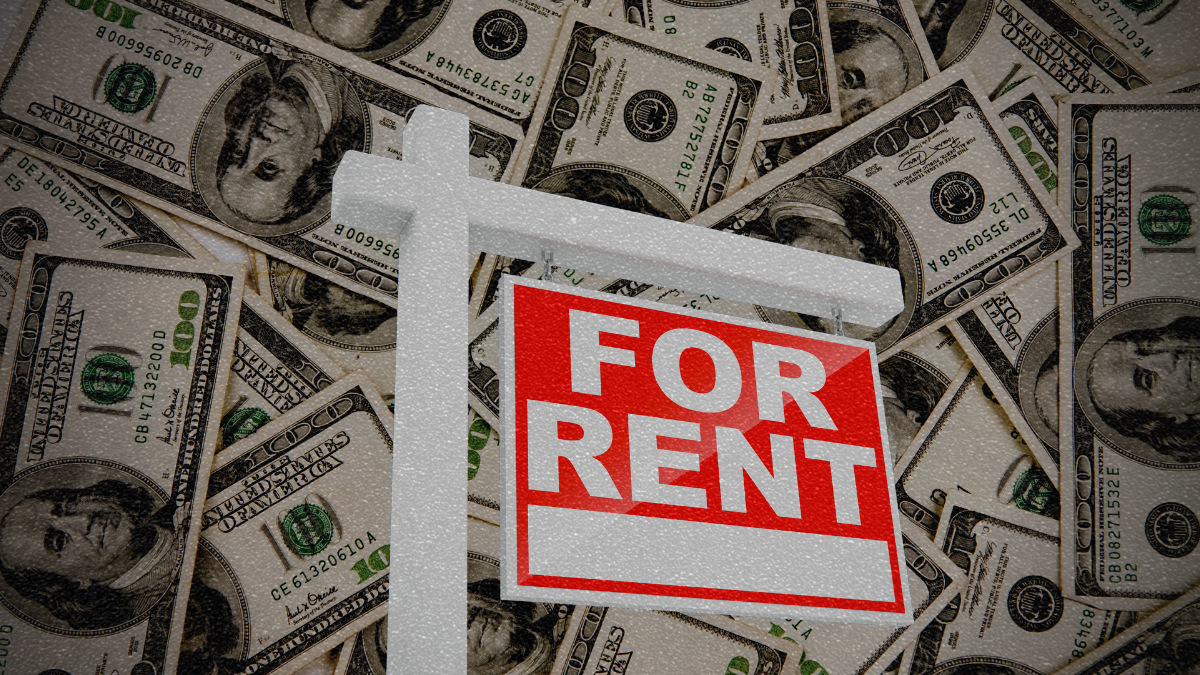Source: Greensboro News & Record
Across the country, both renter and homeowner costs have been increasing in the last decade, even after adjustment for inflation.
According to a new report, the average renter is now paying more than 30 percent of their income on housing, as wages have failed to keep up with rent hikes and affordable housing remains scarce.
In some estimates, the U.S. is falling short of the ever-increasing demand for affordable housing by at least a million homes.
In North Carolina, cities that are home to prominent universities and colleges, are seeing some of the highest competition for limited units, causing rent prices to go up.
According to Belong’s analysis of Census data, Boone made the number two spot for cities where renters are putting the largest share of their income towards rent in the U.S.
For Boone, the median gross rent as a percentage of household income is 42.8 percent, with the median rent being $948.
When comparing cities in North Carolina, Boone takes the number one spot, followed by Roanoke Rapids, and Kill Devil Hills. Below are the top 5 metro rankings in North Carolina:
#1. Boone
– Median gross rent as a percentage of household income: 42.8%
– Median rent: $948
– Number of renter-occupied homes: 7,835 (37.7% of all housing units)
#2. Roanoke Rapids
– Median gross rent as a percentage of household income: 32.9%
– Median rent: $713
– Number of renter-occupied homes: 9,493 (34.6% of all housing units)
#3. Kill Devil Hills
– Median gross rent as a percentage of household income: 32.4%
– Median rent: $1,171
– Number of renter-occupied homes: 3,611 (22.8% of all housing units)
#4. Wilmington
– Median gross rent as a percentage of household income: 31.4%
– Median rent: $1,118
– Number of renter-occupied homes: 44,442 (36.9% of all housing units)
#5. Rockingham
– Median gross rent as a percentage of household income: 31.1%
– Median rent: $686
– Number of renter-occupied homes: 5,598 (34.4% of all housing units)
Read more at Greensboro News & Record.





